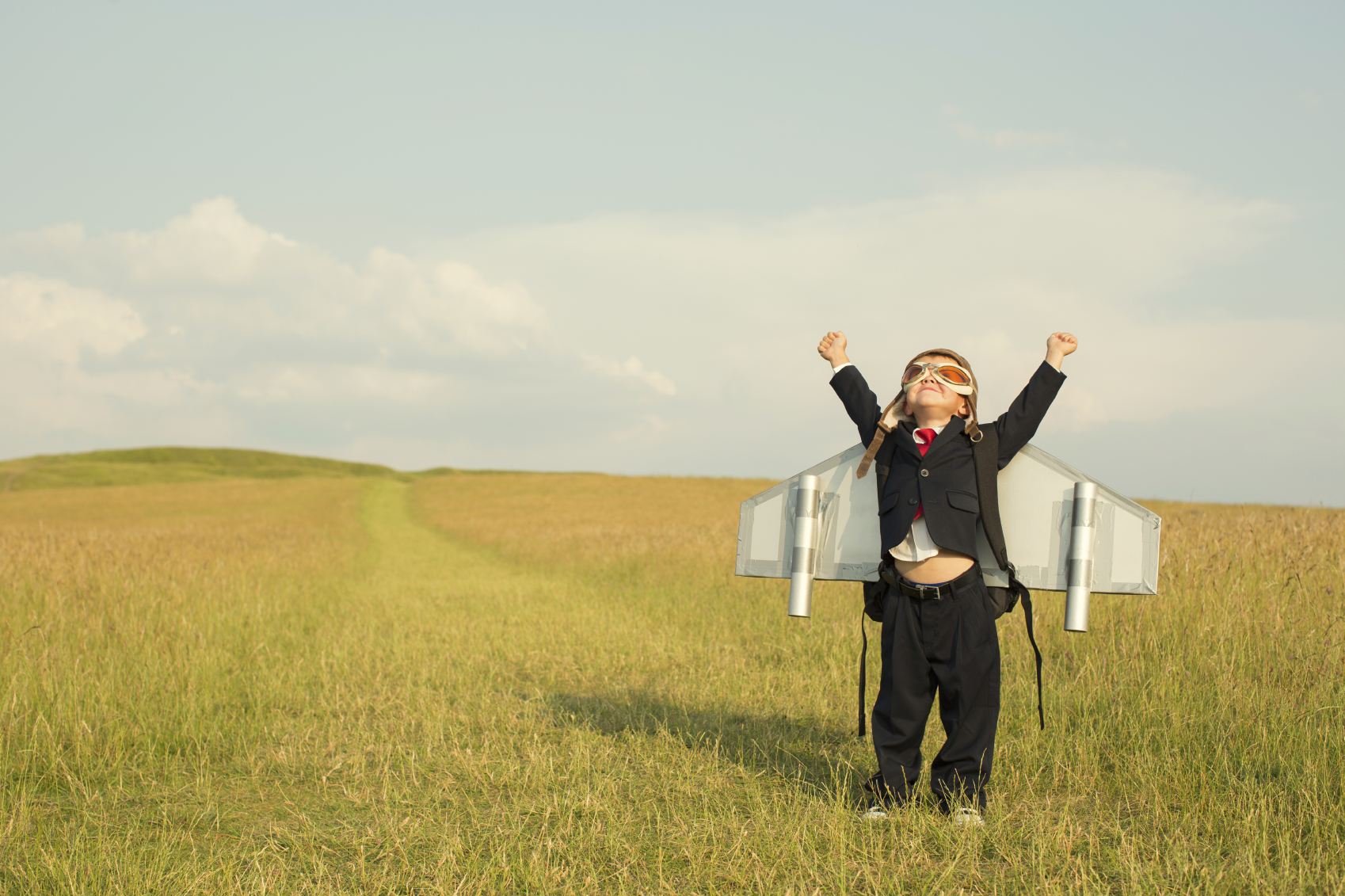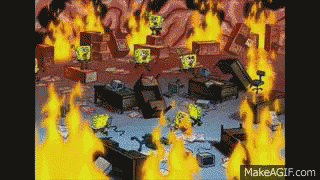I gotta say today was a good day.
We’ve been talking a lot about the longevity of motivation in a world on the precipice of … well, of something major… for the lack of a better term. Which has had us all reflecting and questioning the differences between optimism vs pessimism. Which one should we be? Is one better than the other? Does one prepare us more? Make us smarter? Make us more/ less vulnerable? Does one empower us?
Down the rabbit hole we go...
The answer is 42. That is a joke, but for those who don’t understand the reference. Douglas Adams wrote a flippant tale that begins with the Earth blowing up. After a series of events that are equal parts dramatic and droll the characters are presented with the answer to the ultimate question in life… 42. The point to my ramble is that perhaps the answers to the questions we are asking don’t matter. Hear me out.
I never was an optimist, but lately, the choice to be one feels easier (most days). Believe me when I say it is a daily choice. Some days I choose pessimism as easily as I choose not to pack my rain jacket. On those days I need the chill of reality to sink in and the sting of it to wake me up. I have the privilege to choose to be optimistic, most days, because I have the privilege to feel autonomous enough to try to make a difference. It is an astounding privilege to even entertain the idea. I am so much thankful for the privilege of hope that I hang on to it for as many days as I can even as we face unthinkable truths. Yet, it isn’t an easy choice. In the excerpt we read by Howard Zinn he speaks of the importance of finding a like-minded community with a good sense of humor to motivate you through tough times. The ENST cohort makes puns so bad I give up an optimistic day. I’m kidding, ENST does make bad puns, but the cohort inspires me every damn day! Knowing each one of my peers is working hard to make a difference makes it easier to choose optimism. I mentioned in class briefly, but I’ll stress it again now, my motivation comes from seeing the exponential impact of everyone's fractal changes. It will be incredible to see what we all can accomplish in our mere 30 hours of service learning because it’s a blink of an eye compared to what we can accomplish in our lives. That being said, I am not sure I will make a difference (or a measurable one) maybe at the end of my days all the choices in my life will add up to 42, but I’m not going to wait around to find out. I got work to do.
We’ve been talking a lot about the longevity of motivation in a world on the precipice of … well, of something major… for the lack of a better term. Which has had us all reflecting and questioning the differences between optimism vs pessimism. Which one should we be? Is one better than the other? Does one prepare us more? Make us smarter? Make us more/ less vulnerable? Does one empower us?
Down the rabbit hole we go...
The answer is 42. That is a joke, but for those who don’t understand the reference. Douglas Adams wrote a flippant tale that begins with the Earth blowing up. After a series of events that are equal parts dramatic and droll the characters are presented with the answer to the ultimate question in life… 42. The point to my ramble is that perhaps the answers to the questions we are asking don’t matter. Hear me out.
I never was an optimist, but lately, the choice to be one feels easier (most days). Believe me when I say it is a daily choice. Some days I choose pessimism as easily as I choose not to pack my rain jacket. On those days I need the chill of reality to sink in and the sting of it to wake me up. I have the privilege to choose to be optimistic, most days, because I have the privilege to feel autonomous enough to try to make a difference. It is an astounding privilege to even entertain the idea. I am so much thankful for the privilege of hope that I hang on to it for as many days as I can even as we face unthinkable truths. Yet, it isn’t an easy choice. In the excerpt we read by Howard Zinn he speaks of the importance of finding a like-minded community with a good sense of humor to motivate you through tough times. The ENST cohort makes puns so bad I give up an optimistic day. I’m kidding, ENST does make bad puns, but the cohort inspires me every damn day! Knowing each one of my peers is working hard to make a difference makes it easier to choose optimism. I mentioned in class briefly, but I’ll stress it again now, my motivation comes from seeing the exponential impact of everyone's fractal changes. It will be incredible to see what we all can accomplish in our mere 30 hours of service learning because it’s a blink of an eye compared to what we can accomplish in our lives. That being said, I am not sure I will make a difference (or a measurable one) maybe at the end of my days all the choices in my life will add up to 42, but I’m not going to wait around to find out. I got work to do.




